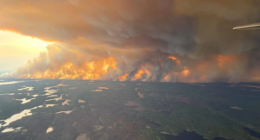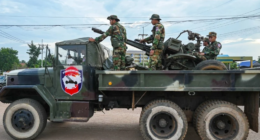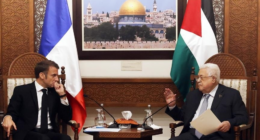Hamas leader Ismail Haniyeh was killed in an airstrike early Wednesday in Tehran, according to reports from Iran and the militant group. This dramatic development has the potential to escalate tensions in the region, with significant implications for the ongoing conflict.
The strike targeted Haniyeh shortly after he attended the inauguration of Iran’s new president, Masoud Pezeshkian, in Tehran. Iranian officials and Hamas quickly attributed the attack to Israel, which has not yet confirmed or denied involvement. The timing and location of the assassination raise concerns about the potential for increased hostilities involving Iran, Hezbollah, and Hamas.
The assassination of Haniyeh comes in the wake of a rare Israeli strike in Beirut that reportedly killed a top Hezbollah commander, Fouad Shukur. Shukur was allegedly linked to a recent rocket attack on the Israeli-controlled Golan Heights that resulted in the deaths of 12 young people. Hezbollah has indicated it is still searching for Shukur’s body amid the rubble from the Israeli strike.
The series of violent incidents has prompted fears of a broader conflict, with the U.S. and other nations scrambling to prevent a full-scale war between Israel and Hezbollah. The White House had not issued a statement regarding Haniyeh’s killing by the time of the report.
Israel had previously vowed to target Haniyeh and other Hamas leaders in response to the group’s October 7 attack on southern Israel, which resulted in 1,200 deaths and the capture of approximately 250 hostages. Despite this, Israel often refrains from commenting on assassinations carried out by its Mossad intelligence agency or operations within other countries.
Hamas condemned the airstrike as a “Zionist attack” and accused Israel of seeking to destabilize the region further. The killing of Haniyeh could lead to heightened retaliation from Iran or Hezbollah and may disrupt ongoing cease-fire negotiations in Gaza.
As the situation unfolds, the international community remains on high alert, with diplomatic efforts underway to manage the fallout from these escalating confrontations. It is understood that the killing of Hamas’ leader will escalate war situation in the Israel-Iran region with implications being serious for both sides and tensions in Hamas-ruled Gaza as well.









